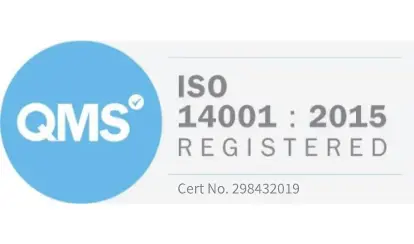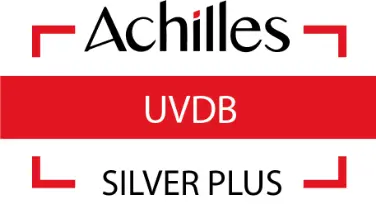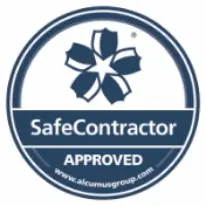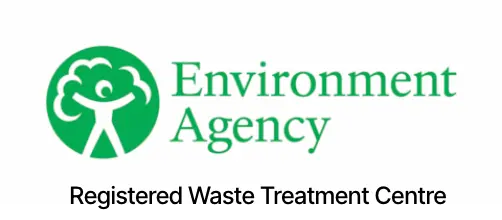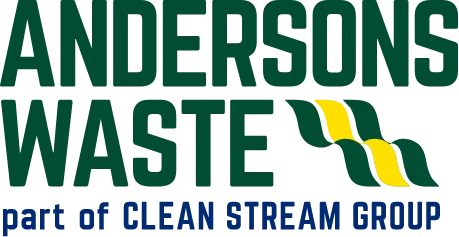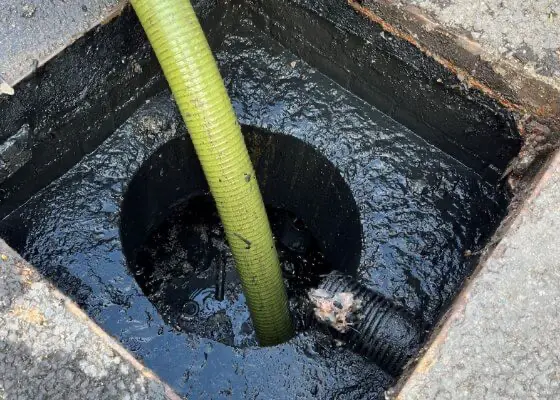
Andersons provide oil interceptor drainage and maintenance services throughout Bristol, Swindon, Cardiff, Newport, Bath and Gloucester areas.
Oil interceptors, also commonly referred to as separators, play a pivotal role in mitigating environmental pollution by intercepting surface water drainage contaminated with oil and other hydrocarbons.
Oil interceptors are found in a range of locations including:
- Carparks
- Car & Truck Wash Bays
- Logistics Sites
- Factories
- Forecourts
Safe Drainage and Maintenance of Oil Interceptors
Emptying and cleaning oil interceptors is a crucial aspect of their maintenance to ensure continued effectiveness in capturing and treating oil and pollutants from water runoff.
Our oil interceptor drainage and cleaning process involves:
Assessment and Preparation: Before emptying and cleaning the interceptor, our qualified technician assesses the condition of the oil interceptor and ensures that all necessary safety precautions are in place.
This may involve shutting off relevant valves, isolating the oil interceptor from the drainage system, and implementing appropriate safety measures to prevent spills or exposure to hazardous materials.
Pumping Out: The first step in cleaning the interceptor involves removing the accumulated oil and pollutants. This is usually done using one of our vacuum trucks equipped with specialised hoses and pumps capable of extracting liquids from the interceptor's chambers.
The extracted waste is then transferred to appropriate storage containers for disposal or recycling, following local regulations and environmental guidelines.
Removing Solid Debris and Sediment: Oil interceptors may accumulate solid debris and sediment over time. This debris can impede the interceptor's function and reduce its capacity. After pumping out the waste, our technicians manually remove any solid debris and sediment from the interceptor chambers.
Cleaning Interior Surfaces: Once the wastewater and solid debris have been removed, the interior surfaces of the interceptor are thoroughly cleaned to remove any remaining residue and ensure optimal performance.
This may involve scrubbing the walls and baffles with appropriate cleaning agents and rinsing them with water to remove any lingering contaminants.
Inspection and Maintenance: After cleaning, the interceptor is inspected for any signs of damage, corrosion, or mechanical issues that may affect its function.
Any damaged or worn-out components are reported to highlight the interceptor's integrity and efficiency.
Recommissioning: Once the cleaning, and where necessary any repairs are completed, the interceptor is recommissioned and reintegrated into the drainage system.
This may involve flushing the interceptor with clean water to remove any remaining traces of cleaning agents or contaminants before it is put back into service.
Documentation and Reporting: Detailed records of the cleaning activities are documented, including the volume of waste removed, the condition of the interceptor, and any repairs or maintenance required.
This documentation helps ensure compliance with regulatory requirements and provides a record of the oil interceptor's maintenance history for future reference.
Local South West coverage
- Bristol Oil Interceptor Drainage
- Bristol Oil Interceptor Maintenance
- Swindon Oil Interceptor Drainage
- Swindon Commercial Oil Interceptor Maintenance
- Cardiff & Newport Oil Interceptor Drainage
- Cardiff & Newport Oil Interceptor Cleaning
- Bath Oil Interceptor Drainage
- Bath Oil Interceptor Maintenance Services
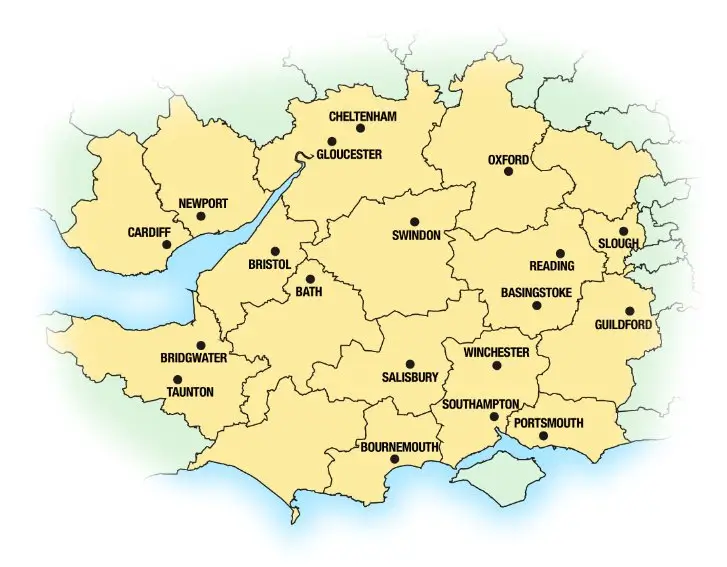
“Just spoken to site and they are very pleased with the service today. They said the driver was amazing, he ensured everything was cleaned down and even pressure washed debris in the lorry bay. Please pass our thanks for his efforts today. Thanks again for brilliant service as always and fitting us in so quickly.”Tom Fisher, Waste Partner
Book Oil Interceptor Drainage & Cleanses Services
For Oil Interceptor Drainage & Cleanses services in Bristol, Swindon, Bath, Cardiff, Newport, Gloucester and Cheltenham areas, complete the form below or call 01454 222 888.
